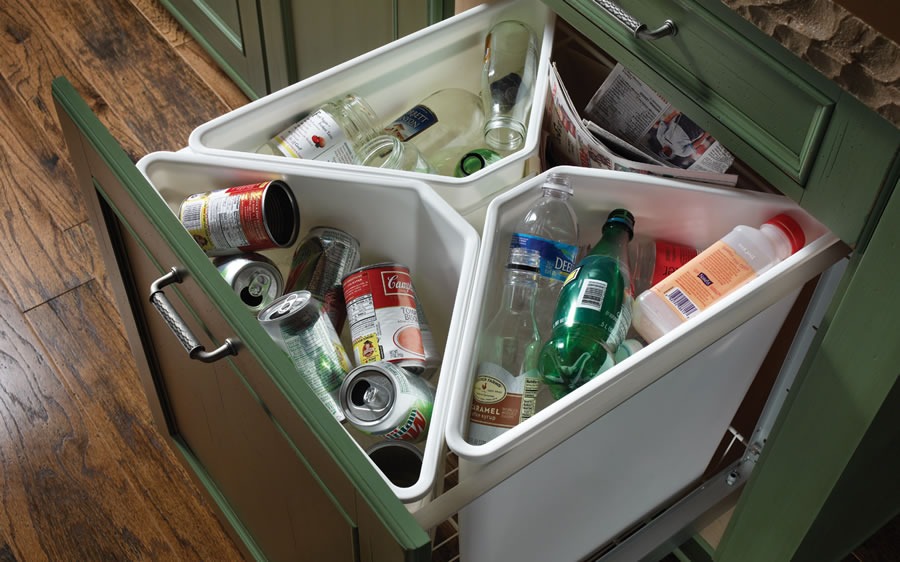What Are The Benefits of Recycling?
Recycling stretches far further than your old cereal and egg boxes, but this doesn’t mean that small scale recycling isn’t making a positive change to our planet.
From small household scale recycling to that of multinational corporations and entire countries, benefits of recycling will affect everyone.
Why Should My Family Recycle?
Household recycling increased to 40% in 2011, compared to 11% in 2001. This huge growth is helping the continual decrease in residual waste per person across England – in 2011 each person in England had a residual waste of 263kg.
Many people find it difficult to translate this into what it means in the ‘real world’. To put it into perspective, recycling in the UK reduces CO2 equivalent to taking 5 million cars off the road!
By recycling as much waste as possible from your home, you can contribute to this progress.
What About Food Waste?
You might think that retailers or restaurants are the main culprits of food waste in the UK, but nearly 50% is produced by British homes. Of the 7.2million tonnes of food wasted every year, almost half was edible at the time of disposal. By reducing the food waste, and increase recycling household waste, it would be equivalent to taking 1/5 cars off the road!
Apparently, up to 35% of children’s lunch boxes end up in the bin! (Sorry kids, we had to tell!)
Reducing food waste isn’t just about the environment, it’s about your wallet too! How much do you spend on food a month? The average family with children throws away £680 worth of food a year!
What Are The Benefits of Recycling With A2B Skip Hire?
A2B provide a service to provide recycling services for businesses across the Wirral. With one of the largest recycling centres in the area, it is able to handle a wide range of materials. Any individuals who would like to access the recycling centre, please contact us directly to confirm a quote.
By recycling with A2B you can be certain your waste will be recycled according to government regulations.
What Counts As Recycling?
Other than conventional methods of recycling, using your council provided recycling bin, visiting recycling centres etc, there are many ways to recycle items.
Goods other than those at the end of their lifecycle often are discarded to our waste bins. Old clothes, toys, books, DVDs and more can all be recycled through local donation centres and charity shops. This recycling helps the environment by allowing customers to purchase goods already made, instead of new ones that use extra resources.
Upcycling has become a fashionable concept in the last few years – taking something old and unwanted, then transforming it into something new. Scrap yards, car boot sales, charity shops and council waste centres are excellent places to find furniture in need of a new lease of life. By painting, sanding, waxing or altering it, you can create a new item for next to nothing – helping the environment and reducing dependence on our unsustainable resources.
DEFRA, Love Food Hate Waste.








